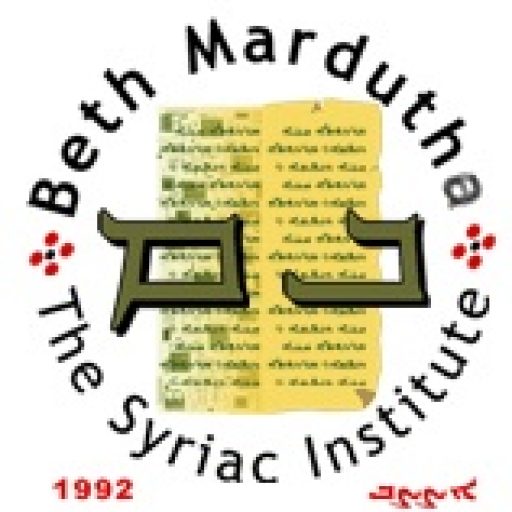Surayt-Aramaic Online Project (2017-2020)
Surayt-Aramaic Online Project (SAOP) likewise the previous project is managed by an interdisciplinary consortium:
- Freie Universität Berlin (applicant/coordinating institution)
- Stockholms Universitet
- St Ephrem Syriac Orthodox Monastery in the Netherlands
- Beth Mardutho Syriac Institute in the USA
- Midyat Süryani Cultural Association in Turkey.
SAOP is co-funded by the Erasmus+ programme, Strategic Partnerships for higher education (2017-1-DE01-KA203-003573) for the duration of three years (2017-2020).
The project team
|
|
|
|
|
|
|
|
|
|
|
|
|
|
|
Aramaic-Online Project (2014-2017)
The consortium who has developed and managed the previous Aramaic-Online Project (2014-2017) consists of a mix of academic institutions (University of Bergen, Free University of Berlin, Leipzig University and University of Cambridge) and a monastery (St Ephrem Syriac Orthodox Monastery in the Netherlands) which functions also as an educational centre for the youth.
The consortium consists of partners with unique and specific skills. All partners involved in this project have long experience with Surayt, applied linguistics, on CALL methods and complement each other in their specialised fields.
– The applicant organisation University of Bergen has taken this initiative for the revitalisation of this endangered language.
– The project is coordinated by the staff members working at Free University Berlin who have conducted research, published on various aspects of Surayt and have experience in teaching Syriac and Surayt. The scientific coordinator of the project Professor Shabo Talay is one of the leading experts on the Surayt language. He has conducted extensive research and published widely on Surayt and its dialects.
– Leipzig University has a long experience and expertise in using CALL methods. Staff members from Leipzig University have developed one of the most successful online courses in Modern Standard Arabic.
– University of Cambridge, particularly FAMES has been an important academic centre for the study of endangered languages, including different dialects of Aramaic. FAMES will host the conference on Surayt and contribute to the project by providing its expertise, especially in the revitalisation work on Surayt.
– St Ephrem Monastery is the most active Syriac monastery in the European diaspora, with experience in organising Syriac summer courses for an international audience of second and third generation Syriacs.
The consortium leans on its long experience and expertise in the topic, and has a broad network among scholars and teachers of Surayt, maintains strong links with the target group and its civic and religious organisations in Europe, essential to the realisation of the project activities and to the dissemination of the results. The project is supported by several associated partners, among them two other universities (University of Talinn and University of Heidelberg), three associations of the mother-tongue teachers of Surayt, two target group foundations (Inanna Foundation from the Netherlands, Kano Suryoyo Foundation from Germany, and a monastery (St Gabriel Monastery) in Turkey with a historical symbolic meaning for teaching Syriac. Prominent scholars, Professors Otto Jastrow (University of Tallinn), Geoffrey Khan (University of Cambridge) and Werner Arnold (University of Heidelberg) have declared their profound interest in the project and are willing to function as scientific advisors.




